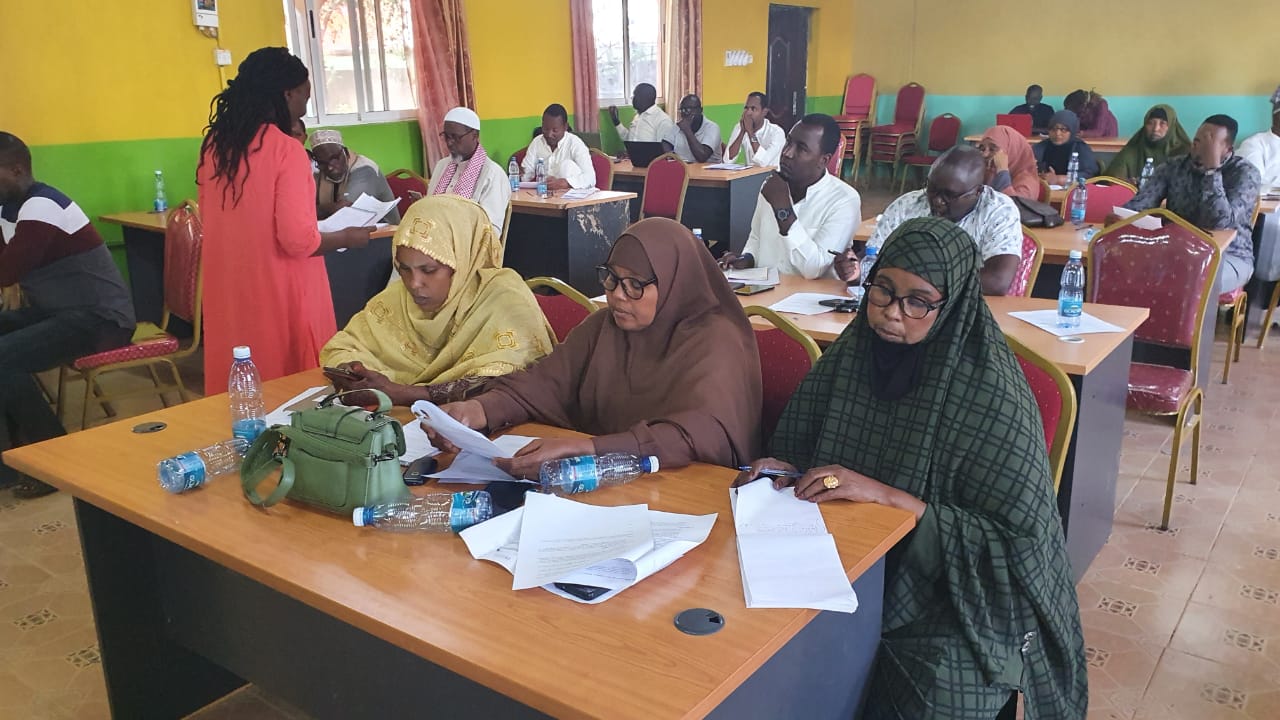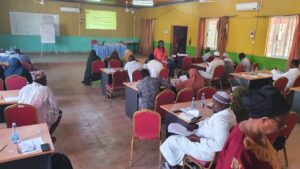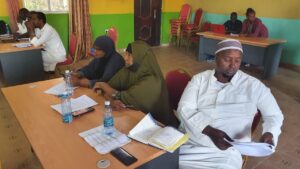Kenya Post-Election: Building strong communities through mediation

While the August 2022 elections in Kenya passed without significant disruption, addressing inter-community tensions after the campaigns and resolving long-standing concerns in areas identified as hot spots requires continuous support and community mediation.
In the semi-arid and arid regions of northern and eastern Kenya, intercommunal tensions and disputes over scarce resources are common, especially during and immediately following election periods. Political and economic marginalisation, exclusion, and inequality are pervasive problems in the Northeast and have a disproportionately negative impact on the region. Because of the complicated interplay between intercommunal tensions, anxiety about electoral competition, and post-election resource allocation, ongoing mediation is required to promote political reconciliation, address intercommunal tension that arose during political campaigns and grievances over long-standing issues in conflict hot spots.
Supported by the United Nations Resident Coordination Office (RCO), Interpeace and the Frontier Counties Development Council (FCDC) Peace Sector Forum, whose Independent Panel of Eminent Persons (IPEP) includes members of the National Peace and Mediation Team; UWIANO, the Women Mediation Network, the National Cohesion and Integration Commission (NCIC) collaborated to organise a two-day workshop mediator training. More than 100 mediators from Lamu, Wajir, and Isiolo, three counties identified as conflict hot spots before, during, and after elections, participated in the training. The mediators will oversee the practical aspects of community engagement in close collaboration with FCDC members in the target counties.
Mediating conflicts is becoming increasingly common. This is due to the fact that agreements can be reached on a wide range of dispute resolutions that previously would have been unresolvable.
Although the mediators are respected members of their communities, several are unfamiliar with mediation principles and have limited capacity to facilitate community-level dialogue processes that adhere to international standards. The training sessions will impart skills on deepening understanding of mediation, its processes, and universal ; strengthening mediators' capacity for conflict analysis; political economy analysis; and stakeholder mapping for effective intervention in hotspot counties; increasing knowledge and awareness of gender sensitivity and inclusion in mediation processes (e.g., gender, UNSCR 1325, Leave No One Behind); and discussing the key elements of community dialogue to a community-level audience.
Interpeace has found community mediation to be an effective tool for sustaining peace through locally led peace infrastructure. That approach has been successful in the villages along the North Rift's Kapedo-Lokori corridor, which had become notorious for violent conflict and loss of life and property. Even though the assumptions and values that guide the process vary a lot from place to place, mediation has been used successfully to promote peace in many different cultural settings.



